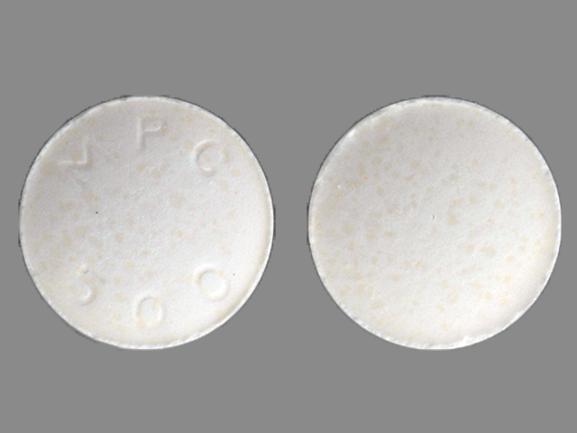Acetohydroxamic Acid Side Effects
Medically reviewed by Drugs.com. Last updated on Nov 21, 2024.
Applies to acetohydroxamic acid: oral tablet.
Important warnings
This medicine can cause some serious health issues
You should not use acetohydroxamic acid if you have kidney disease, or if you have bladder symptoms that have not been checked by a doctor.
This medicine can harm an unborn baby or cause birth defects.
Do not use acetohydroxamic acid if you are pregnant or if you are not using birth control.
Get emergency medical help if you have any of these signs of an allergic reaction while taking acetohydroxamic acid: hives; difficulty breathing; swelling of your face, lips, tongue, or throat.
Call your doctor at once if you have:
-
pounding heartbeats or fluttering in your chest;
-
signs of a blood clot in your leg--pain, swelling, warmth, or redness in one or both legs; or
-
signs of a red blood cell disorder--pale or yellowed skin, dark colored urine, fever, confusion or weakness.
Common side effects may include:
-
headache during the first 2 days of treatment;
-
skin rash, warmth, tingling or redness (especially if you drink alcohol while taking acetohydroxamic acid);
-
upset stomach, nausea, loss of appetite;
-
depressed mood;
-
anxiety, tremors, nervousness; or
This is not a complete list of side effects and others may occur. Call your doctor for medical advice about side effects.
See also:
For healthcare professionals
Applies to acetohydroxamic acid: oral tablet.
Gastrointestinal adverse events
Psychiatric
- Very common (10% or more): Depression (20%), anxiety (20%), nervousness (20%), trembling (20%)[Ref]
Hematologic
- Very common (10% or more): Hemolytic anemia (15%)[Ref]
Nervous system
- Very common (10% or more): Headache (30%)
- Frequency not reported: Trembling[Ref]
Dermatologic
Cardiovascular
- Very rare (less than 0.01%): Deep vein thrombosis
- Frequency not reported: Phlebitis, palpitations[Ref]
Other
- Very common (10% or more): Malaise (25%)[Ref]
References
1. (2001) "Product Information. Lithostat (acetohydroxamic acid)." Mission Pharmacal Company
More about acetohydroxamic acid
- Check interactions
- Compare alternatives
- Reviews (2)
- Dosage information
- During pregnancy
- Drug class: miscellaneous genitourinary tract agents
- En español
Patient resources
Other brands
Professional resources
Other brands
Related treatment guides
Further information
Acetohydroxamic acid side effects can vary depending on the individual. Always consult your healthcare provider to ensure the information displayed on this page applies to your personal circumstances.
Note: Medication side effects may be underreported. If you are experiencing side effects that are not listed, submit a report to the FDA by following this guide.

